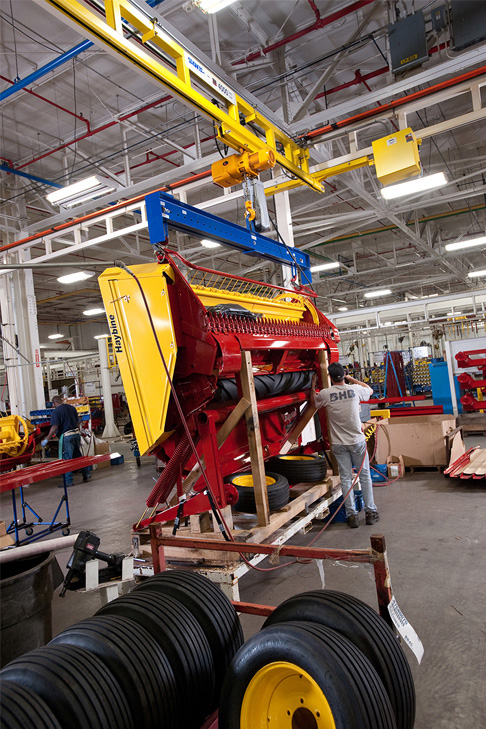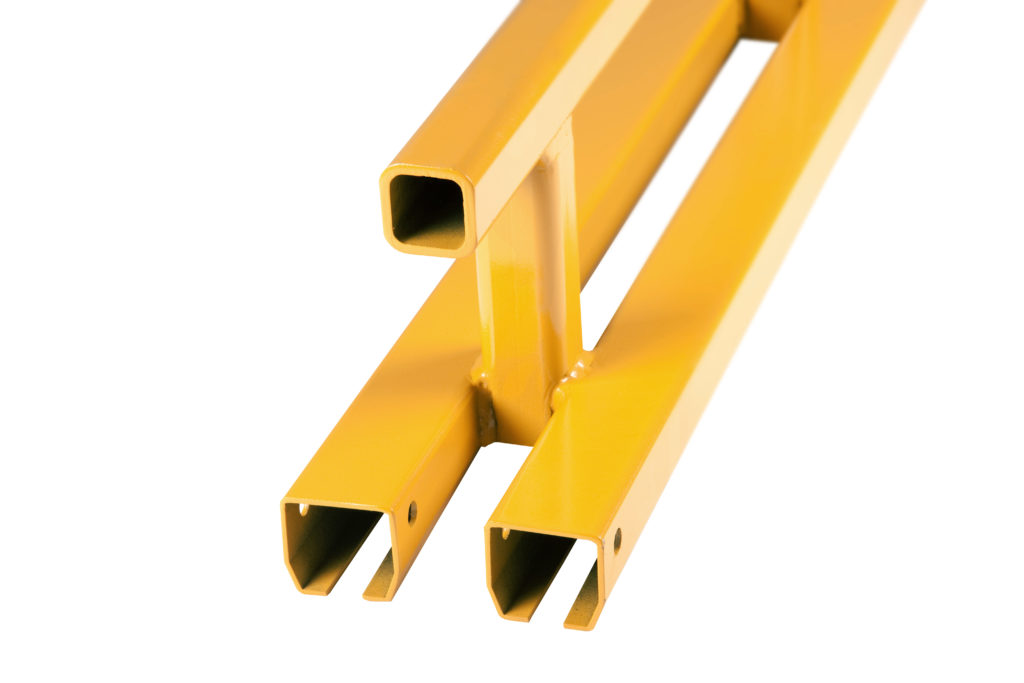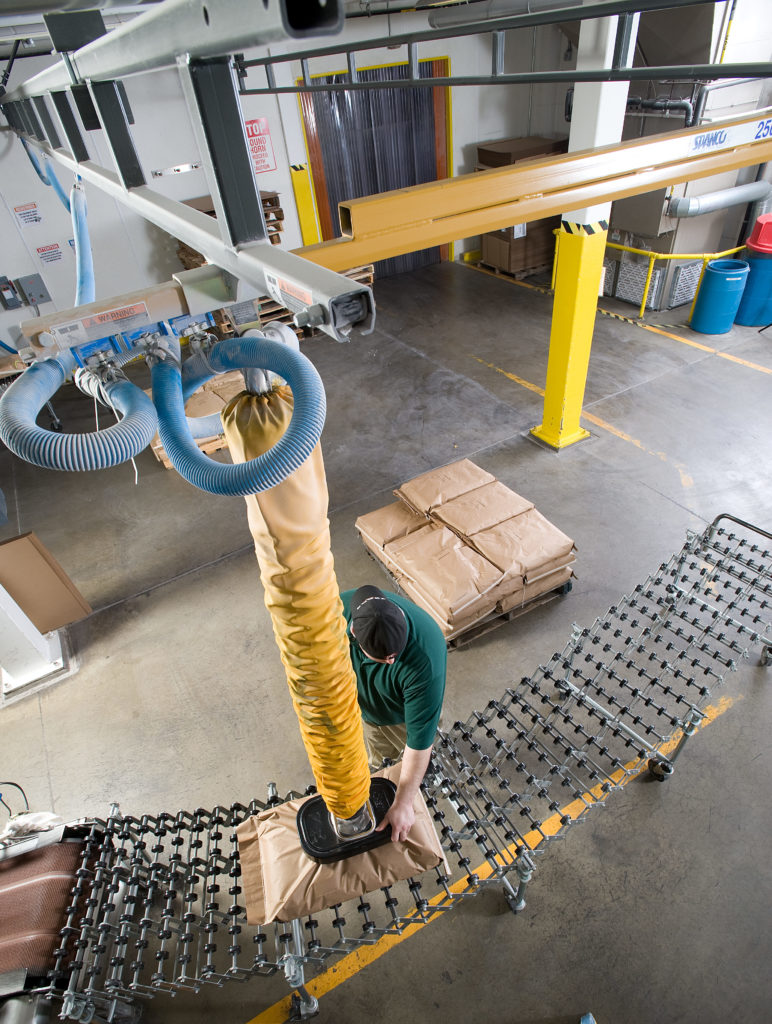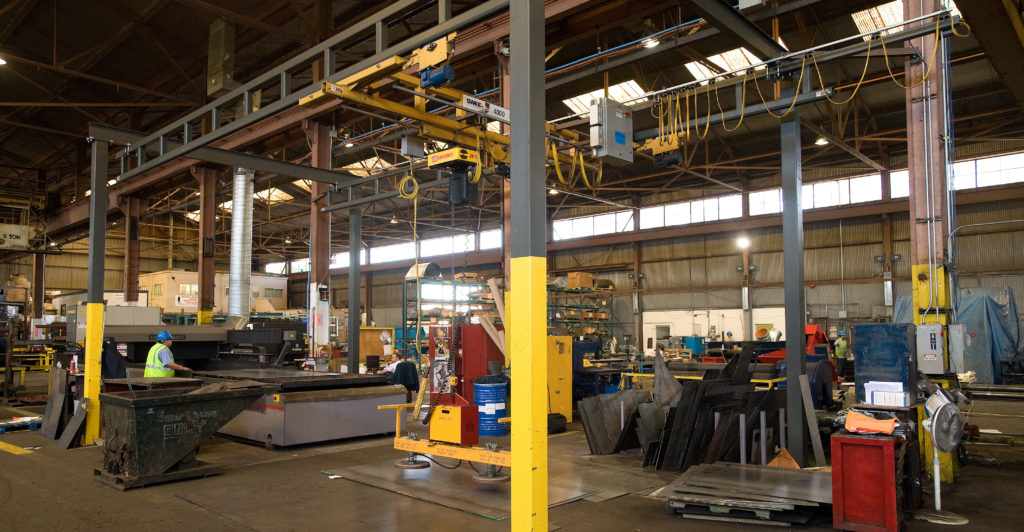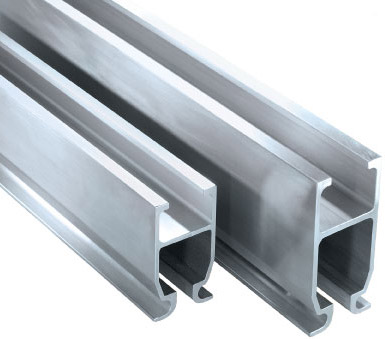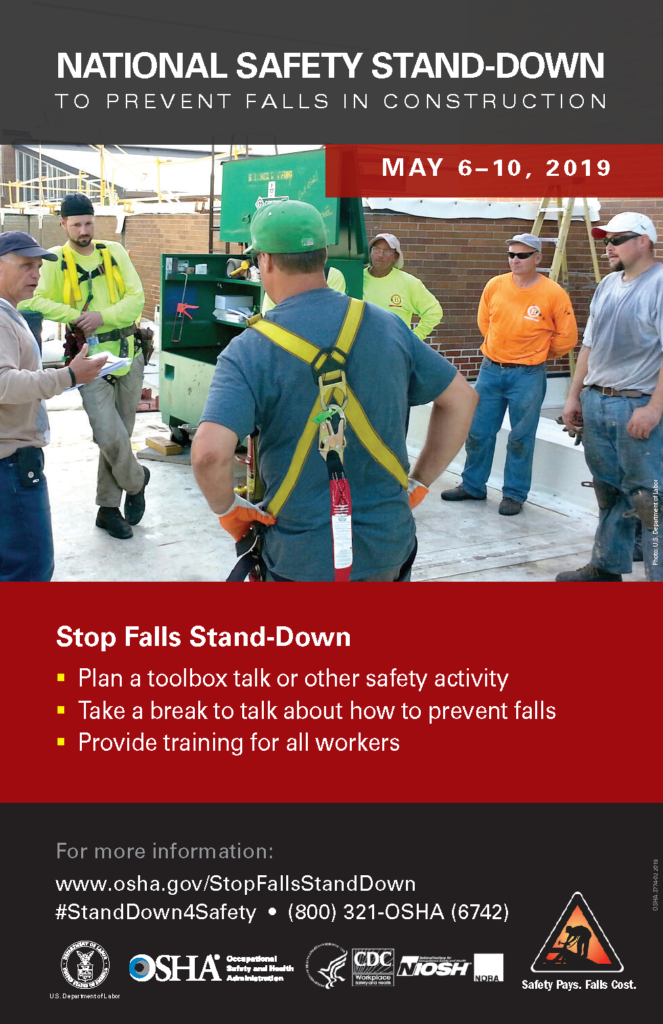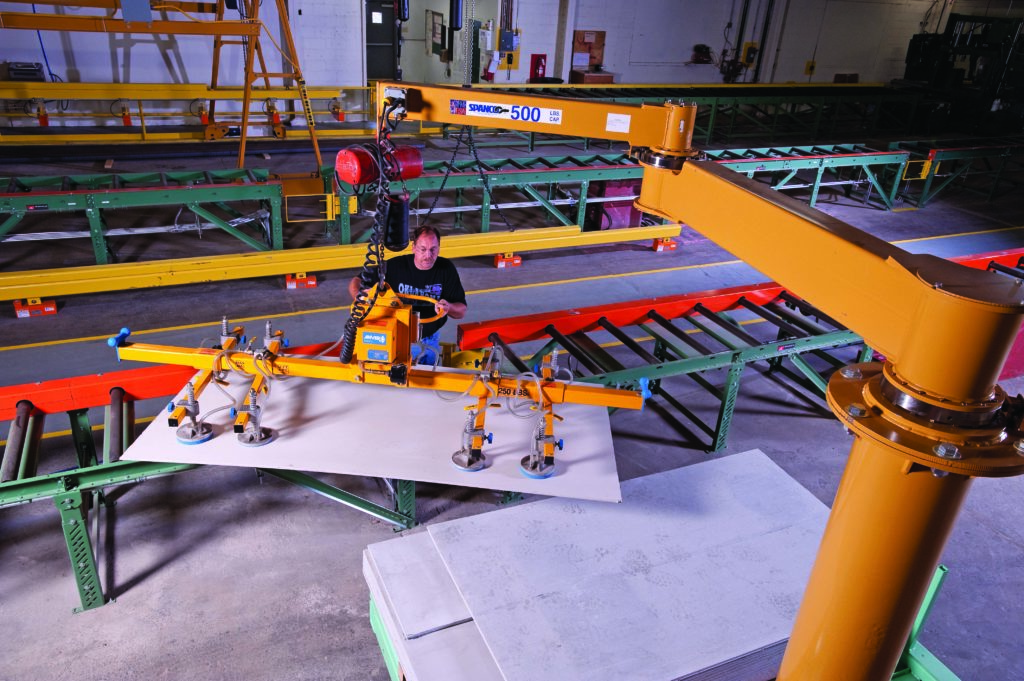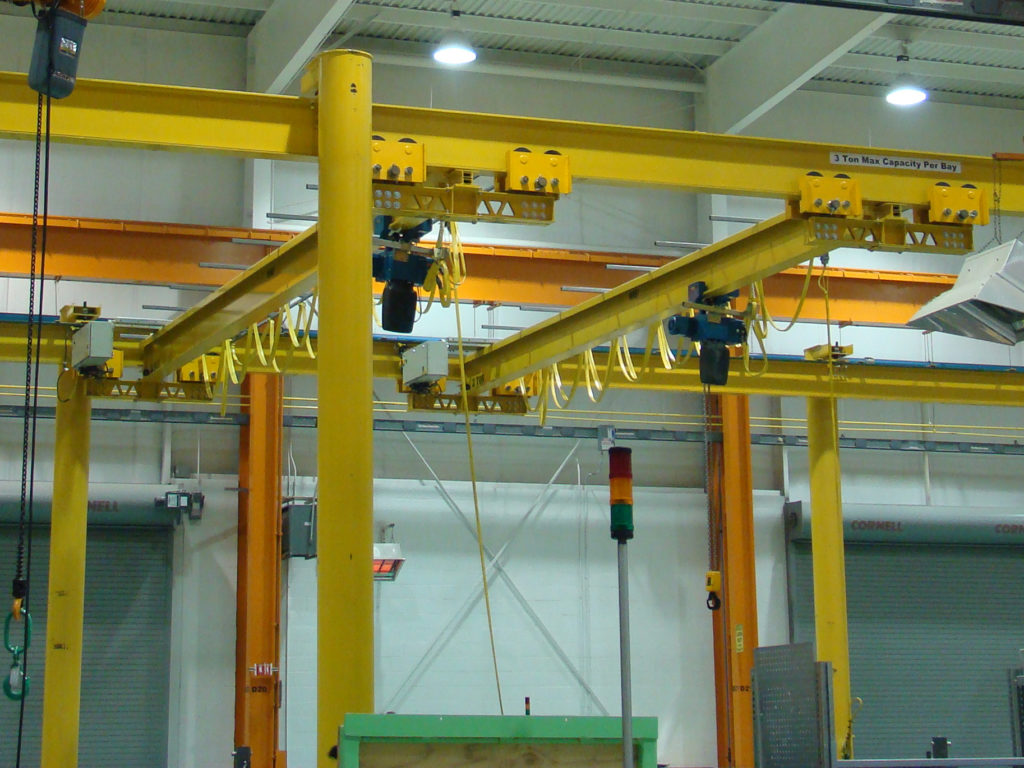Posts by developer
To Motorize or Not to Motorize
One of the many benefits of Spanco products is the motorization package option. As a Regional Sales Manager, I have many customers ask me whether or not they should consider motorization when purchasing a crane. In this article, I will go over some of the benefits of motorization and some applications where motorization would be…
Read MoreRoll-Formed Enclosed Track vs. Welded Enclosed Track
Many overhead material handling systems use enclosed track for crane bridges, runways, or monorails. Enclosed track offers numerous benefits over other types of crane track, which you can read about in our blogs discussing enclosed track versus patented track and enclosed track versus I-beam track. However, not all enclosed track is the same. Some of…
Read MoreHow to Know When It’s Time for a Crane
Every year, many workers suffer avoidable injuries because of seemingly negligible strain. We don’t often think of simple, repetitive work as being especially hazardous, but it can be more dangerous than we realize. Repetitive Strain Injuries, or RSIs, can be caused by any task that requires a worker to perform the same motion many times,…
Read MoreCÓMO ELABORAR UN DISEÑO DE PLANTA DE FABRICACIÓN EFECTIVO
Para la mayoría de las operaciones de fabricación el objetivo es relativamente simple: desarrollar un sistema de fabricación ágil que simplifique la producción y garantice que el trabajo, los materiales y la información fluya sin inconvenientes. En el mundo de las plantas de fabricación el viejo adagio resulta cierto: el tiempo realmente es dinero. Entonces,…
Read MoreStandards and Principles to Follow for Crane Inspections
When considering crane inspection, one of the most basic questions to ask is: what rules and standards do I follow? The answer might seem simple at first. It might seem like the natural answer would be OSHA, specifically OSHA 1910.179 Overhead and Gantry Cranes. This answer certainly isn’t wrong, but it isn’t the whole story…
Read MoreSEGURIDAD EN GRÚAS AÉREAS—TRES PELIGROS IMPORTANTES Y MEDIDAS DE PREVENCIÓN
Un sinnúmero de compañías en las industrias de la fabricación y la construcción confían en grúas aéreas para levantar y transportar materiales. Cuando se instala y usa adecuadamente, estos sistemas hacen que las operaciones sean más sencillas y seguras. Sin embargo, los accidentes con grúas aéreas ocasionan lesiones graves y fatalidades todos los años. Prevenir…
Read MoreEnclosed Track VS Patented Track
Enclosed Track and Patented Track Comparison Many modern overhead bridge cranes with capacities from 250 pounds to several tons use one of two types of track for hoist trolley-travel: enclosed track or patented track. Enclosed track is a type of rail that is formed into a hollow tube with an opening on the bottom. The…
Read MoreOSHA Stand-Down for Safety
The Occupational Safety and Health Administration’s (OSHA) 2019 National Safety Stand-Down takes place May 6-10. The Safety Stand-Down is a voluntary event for employers and employees to talk directly about safety. Employers can hold Stand-Down events by taking a break in the workday to discuss fall hazards and the importance of fall prevention, as well…
Read MoreAdvantages of Custom Crane Systems Versus Standard One-Size-Fits-All Systems
There are many reasons for purchasing a custom-built crane system instead of a one-size-fits-all system that many companies sell. Here at Spanco, we sell both standard and custom systems, and our custom systems are built to fit the customers exact needs. The lead times may be a little longer, but you can be assured that…
Read MoreWire Rope Sling Inspection
Using wire rope slings is one of the most reliable ways to secure a load to lifting equipment. Wire rope slings are light, strong, and durable, and they can be used in a variety of ways for many different kinds of lifts. Because crane operators rely on wire rope slings for so many lifting operations,…
Read MoreEnclosed Track Workstation Bridge Cranes Vs. I-Beam Overhead Traveling Cranes
When most people think of cranes, they think of overhead traveling cranes with an I-beam type girder. While these cranes are certainly common and the right crane for certain applications, for capacities of two tons or less, many crane buyers overlook a better and even less expensive option: enclosed track workstation bridge cranes. Spanco’s Enclosed…
Read MoreThe Disconnect Between Management and Employees Regarding Safety
Material handling operations can involve potentially hazardous conditions, and they require safety programs to eliminate risk factors. For a safety program to be effective within a facility, employees and managers have to be on the same page regarding safety expectations. Unfortunately, employees and managers don’t always see eye-to-eye, but that isn’t always the sole responsibility…
Read More
